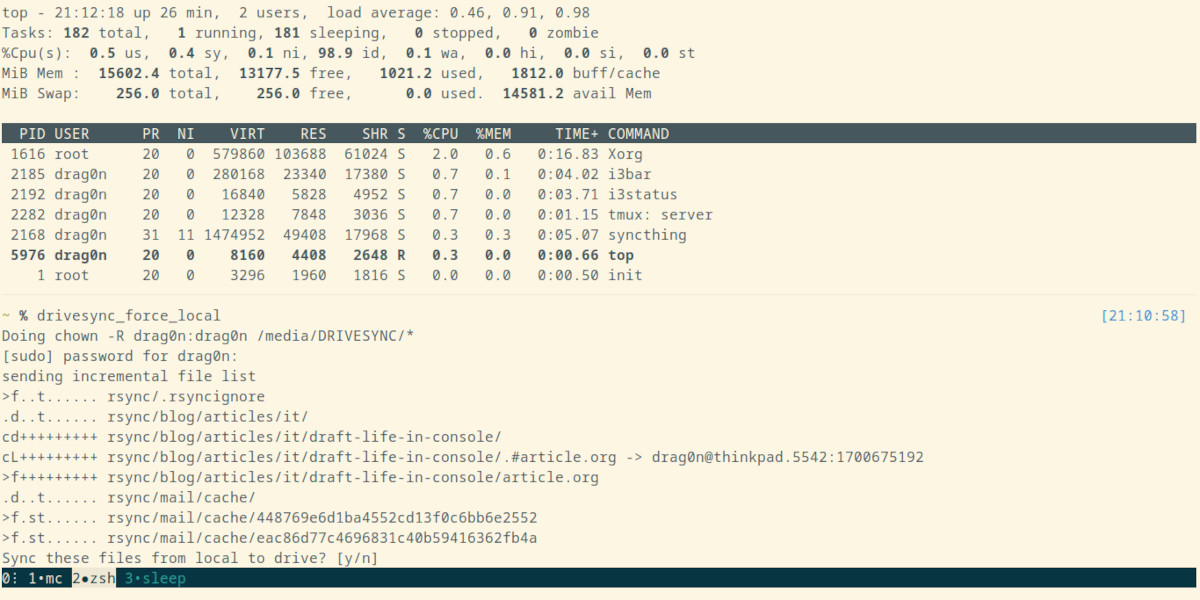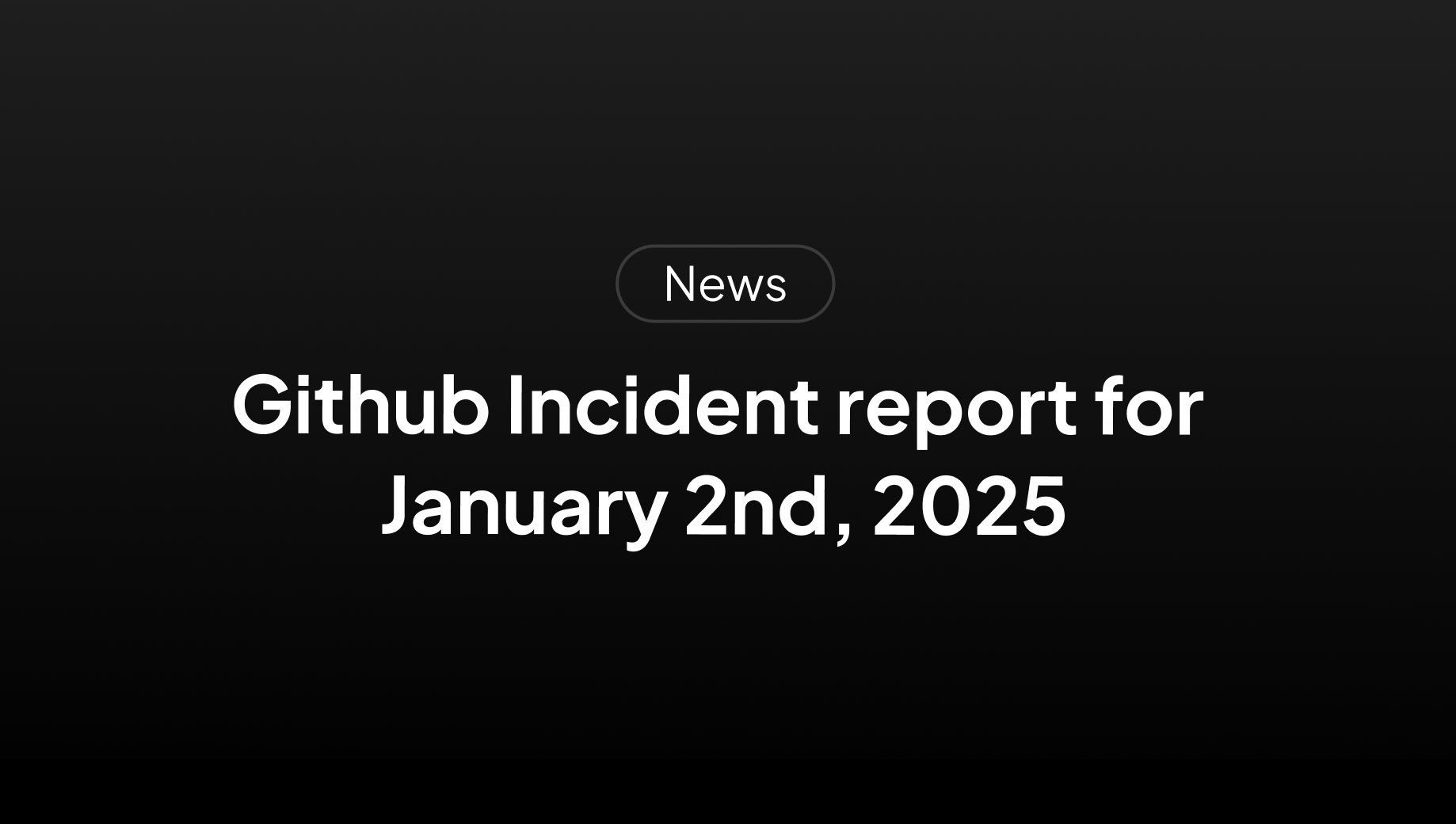Comptime Configuration in Zig: Clever Design in httpz and ztl Libraries
This article explores the techniques of using compile-time metaprogramming for configuration in the Zig programming language. The author uses their httpz and ztl libraries as examples, demonstrating how a generic type parameter `T` can simultaneously serve as both application context and configuration. Functions defined within the `T` type can override the library's default behavior, while fields in `T` can configure scalar values. Compile-time checks ensure the correctness of the configuration and allow for compile-time optimizations, such as adjusting the virtual machine stack size based on the configuration. While this approach requires users to provide configuration at compile time, it offers significant performance improvements and is an effective strategy for building flexible and efficient libraries.









